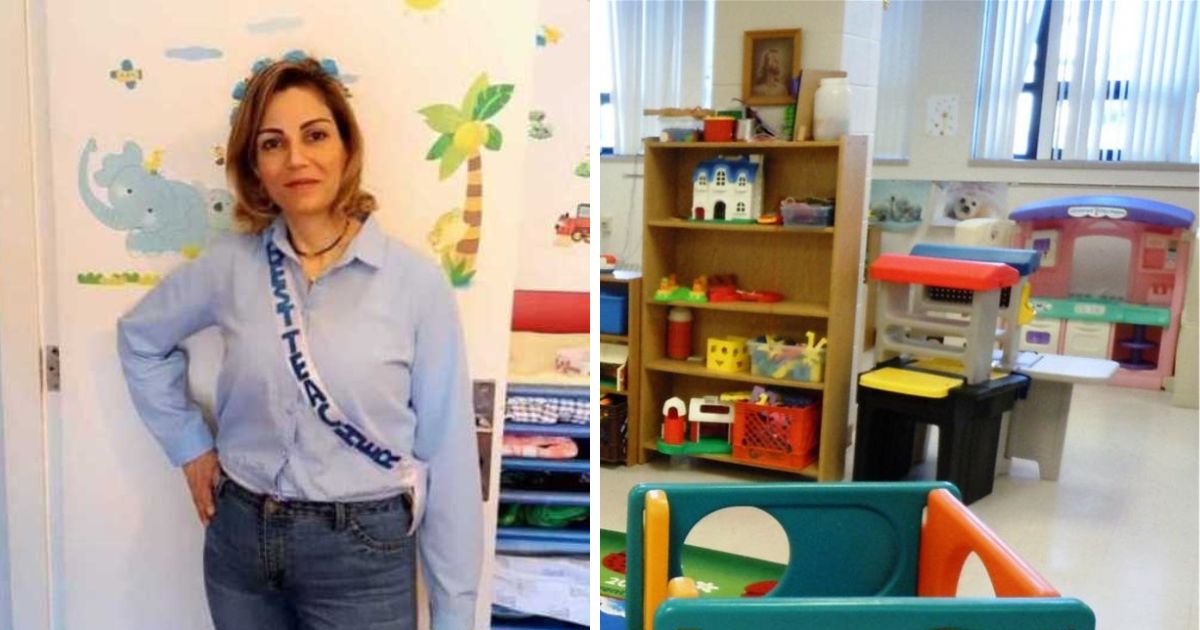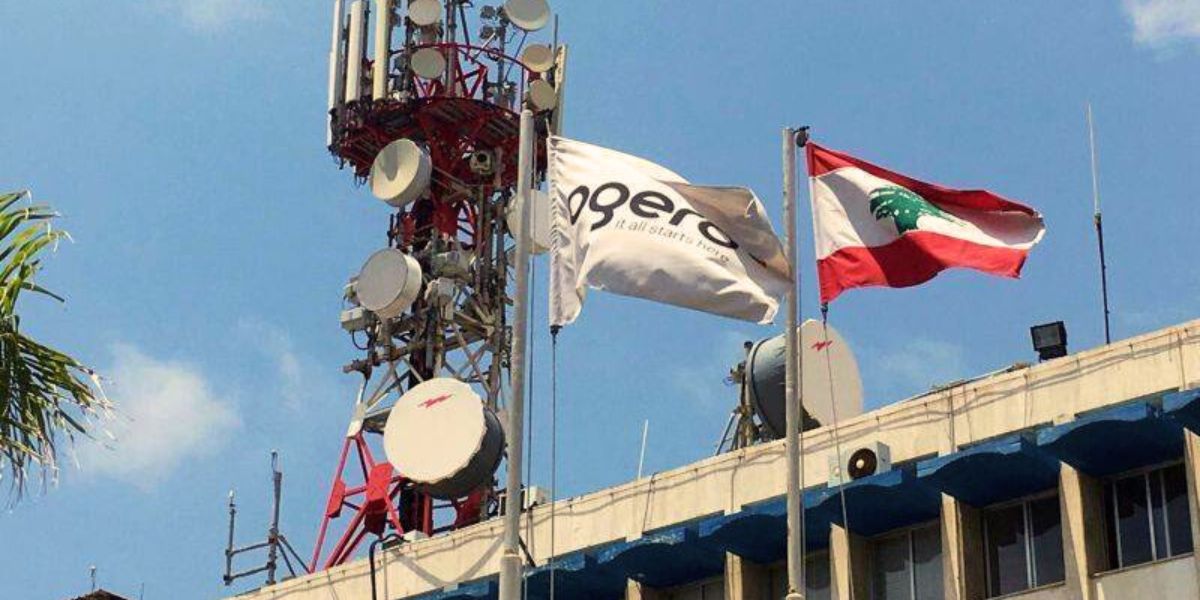The minister of agriculture and culture Abbas Mortada called for an emergency meeting on the morning of February 3rd in response to the news of Colistin being found in chickens.
The meeting will be attended by the relevant committees and veterinarians to collect samples from farms to test them for Colistin.
Amid the wave of public concerns at the news, Mortada responded by saying, “The issue now is that there is a group of chicken farmers that have been using Colistin on chickens. This is a subject that has received a lot of attention and created panic among citizens.”
He added that nothing is yet certain and that is why they will be launching an investigation into the matter.
The news of the discovery was first reported on Al-Akhbar, which has prompted a lot of responses from 2 ex-ministers of health: Ghassan Hasbani and Wael Abou Faour.
In summary, Abou Faour claimed that he had launched a joint committee with the ex-minister of agriculture Akram Chehayeb but that, months after he left his post, the committee was stopped.
Hasbani, on the other hand, said that the investigations had continued in the period of 2017-2018 and that he had increased the number of inspections.
He also added that he had stopped the news from leaking to the media because he was afraid that it would ruin Lebanon’s reputation.
The issue of Colistin is that it is often only used as a last resort for the treatment of multi-drug resistant pneumonia.
The abuse of this antibiotic produces strains of E-Coli that contain the antibiotic-resistant gene “mcr-1” (Mobilized Colistin Resistance).
There have been multiple studies done in Lebanon that have found that Colistin was being widely misused. It found that 90% of the samples contained the “mcr-1” gene.
What is strange, however, is that Lebanese officials have known about the issue of Colistin in chicken since at least 2016. There a few questions that need to be asked.
Firstly, why was this made public only a few days ago? Second, why were the measures taken against this, as Abou Faour claimed, halted until now? Third, would the officials have taken such prompt action now if the media hasn’t revealed the issue to the public?

















